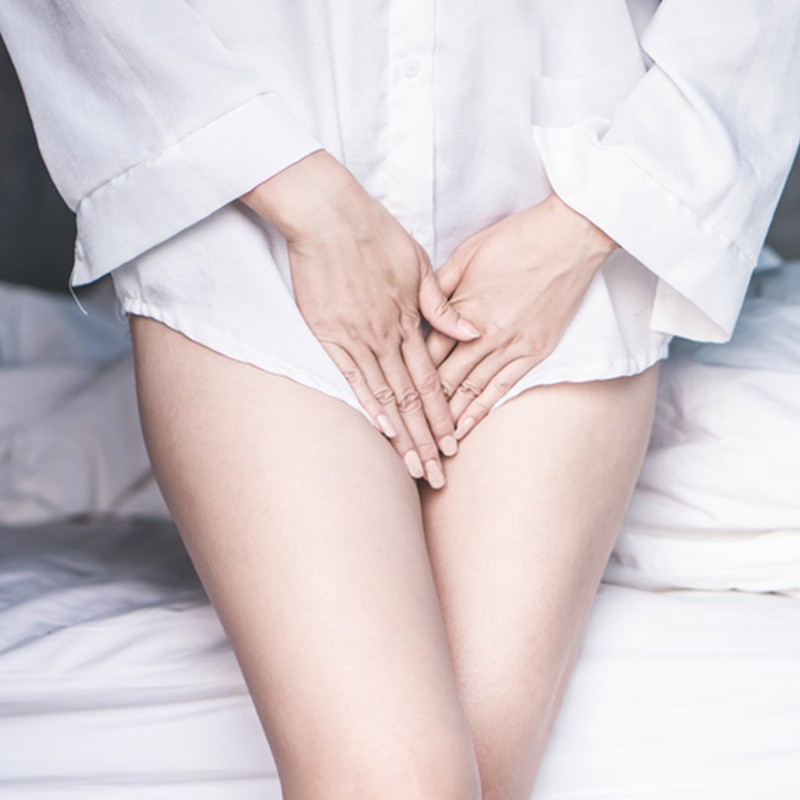8 Things You Didn’t Know About Thrush
It’s Caused By A Fungus
Thrush, a common vaginal yeast infection, is a type of vaginitis – inflammation of your vagina. Both fungus and bacteria naturally live in your vagina, but when levels of the fungus candida albicans increases, it can cause thrush. Under normal circumstances, this fungus is kept under control by other ‘friendly’ bacteria in the body, but occasionally it overgrows, which is when problems start. Common symptoms of thrush include a thick, white discharge with soreness and irritation, pain during sex and when passing urine, and redness of the vulva.
It Can Manifest Elsewhere
Thrush can be a sign of more widespread candida overgrowth in the body, common symptoms of which include chronic fatigue, decreased libido, menstrual irregularities, depression, brain fog, skin issues and low immune function. Yeast can affect nearly every part of your body, including vagina, skin, nails, mouth or even bloodstream, explaining why symptoms of different yeast infections overlap greatly. Amanda Griggs, nutritionist at the Khera-Griggs Cleanse Clinic at Urban Retreat, believes candida is strongly linked to the gut microbiome: “Candida is an opportunistic yeast that jumps in quickly when there is an imbalance in your gut. Improving gut health is paramount to a robust immune system, and that includes fighting candida, and recurrent vaginal yeast infections.”
It Doesn’t Necessarily Need Medication
Most people will require an anti-fungal medicine to get rid of thrush, which can come in the form of an oral tablet, a tablet you insert into your vagina (a pessary) or a cream. You should expect the infection to clear up within a week after medication. However, if you are prone to recurrent yeast infections, it could be worth taking a more holistic approach. Jodie Brandman, a nutritional therapist who specialises in women’s health, says she often recommends a probiotic specially formulated to support the vaginal microbiome to her clients, while Amanda says natural antifungals such as garlic, olive leaf extract, pau d’arco and uva ursi can also help. Amanda also recommends adding wild oregano oil to your tampon, changing it every two to four hours, for instant itch relief
It’s More Common If You’re Stressed
“A high-stress lifestyle can cause candida to overpower the good bacteria in your microbiome,” explains Amanda. Easier said than done, but try to learn ways to manage your stress – if you are prone to yeast infections, perhaps this is the time to finally practice meditation and breathwork. Learning how to actively relax can have a powerful effect on your health – yoga and deep breathing with the help of classes at the blissed-out Re:Mind studio are some of our favourite ways to switch off. Amanda says taking a new contraceptive pill, pregnancy, antibiotics and poorly controlled diabetes can also trigger thrush.
It Mostly Affects Women of Reproductive Age
Jodie explains that thrush is closely linked to hormones, especially cortisol (our stress hormone) and oestrogen. It is believed that oestrogen, one of the main reproductive hormones, can activate candida’s growth and its attachment to the vaginal inner lining. Around 75% of women will have a bout of thrush at some time in their life, and 50% of all women will have at least two.
It Can Be Helped By Diet
A diet high in sugar, refined carbs and processed foods is believed to contribute to candida, making it easier for yeast to multiply and thrive – these are the foods that yeast lives off. Alcohol, which tends to involve yeast, sugar and carbs in abundance (i.e. wine and beer), is also problematic. However, remember not all cases of thrush are reflective of a wider candida problem – Jodie advises getting tested to see what you’re actually working with. A simple at-home blood test can help spot signs of candida. If you are suffering from excessive yeast levels, Amanda advises incorporating plenty of fresh vegetables in your diet, low sugar fruits like lemons, limes, berries and avocados, bio yoghurt, fresh fish, eggs and healthy fats like olive, coconut and flax oils.
It Pays To Avoid Feminine Hygiene Products
Being conscious about genital hygiene can help to prevent thrush from recurring. “Be wary of using feminine hygiene products, which can affect the delicate pH of your vagina. I always recommend using natural sanitary products to my clients and never recommend douching,” says Jodie. Also remember yeast thrives in warm, dark, moist areas, so don’t linger in your leggings post-workout.
It’s Not an STI
Despite common misconceptions, thrush is not a sexually transmitted infection (STI). However, thrush can be triggered by sexual activity and can be passed from one person to another through sex, including men.
For more information on thrush, read the NHS’ official advice, or consider an alternative approach with our edit of the expert-approved supplements and anti-thrush remedies…
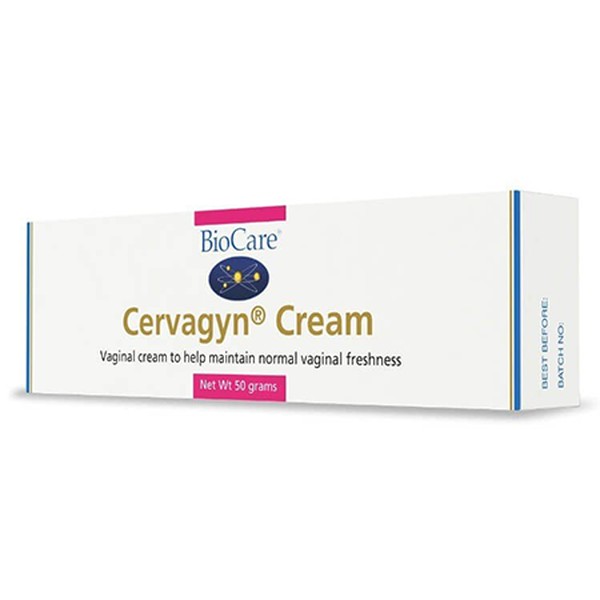
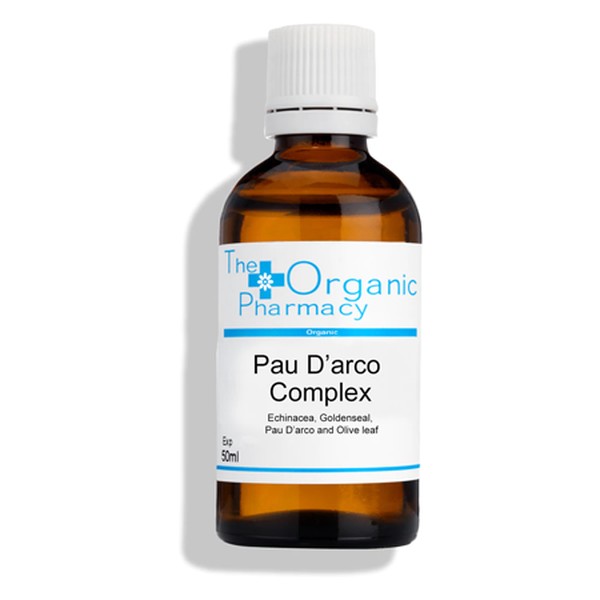
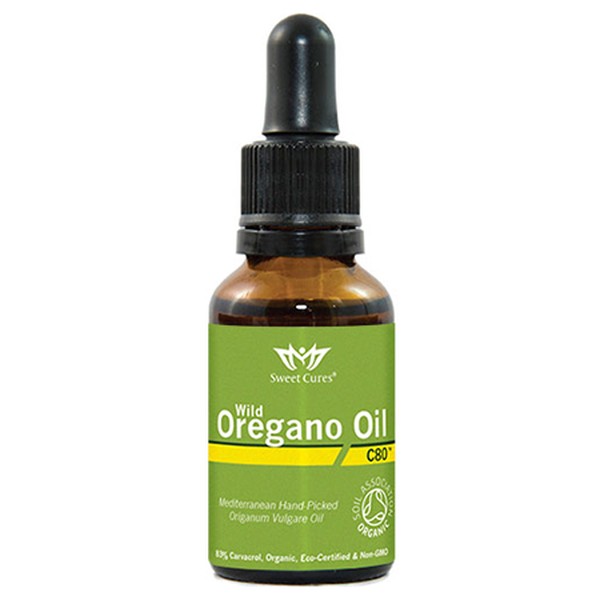
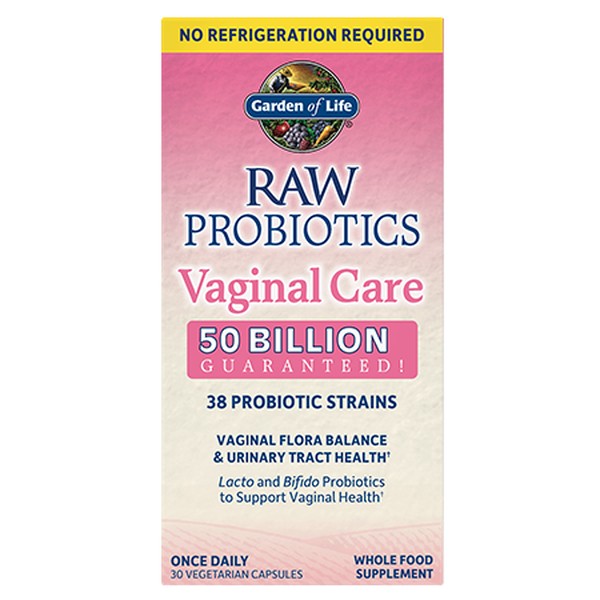
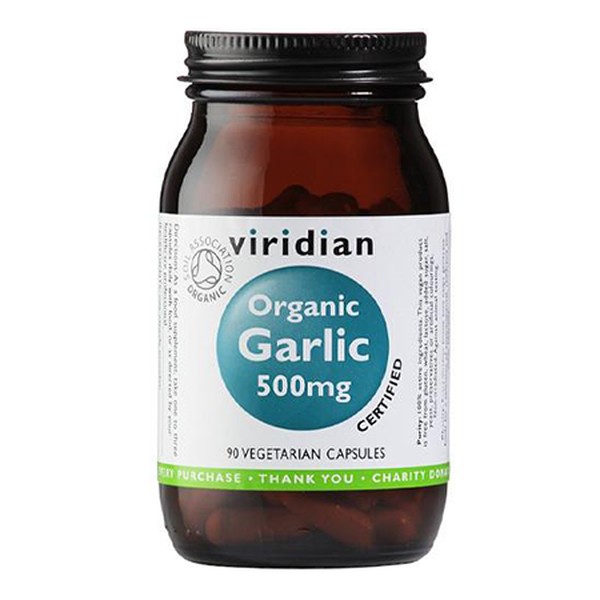
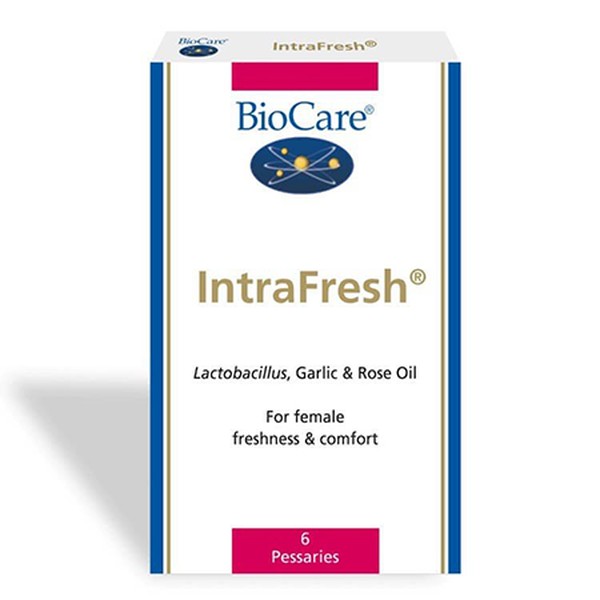
DISCLAIMER: We endeavour to always credit the correct original source of every image we use. If you think a credit may be incorrect, please contact us at info@sheerluxe.com.
